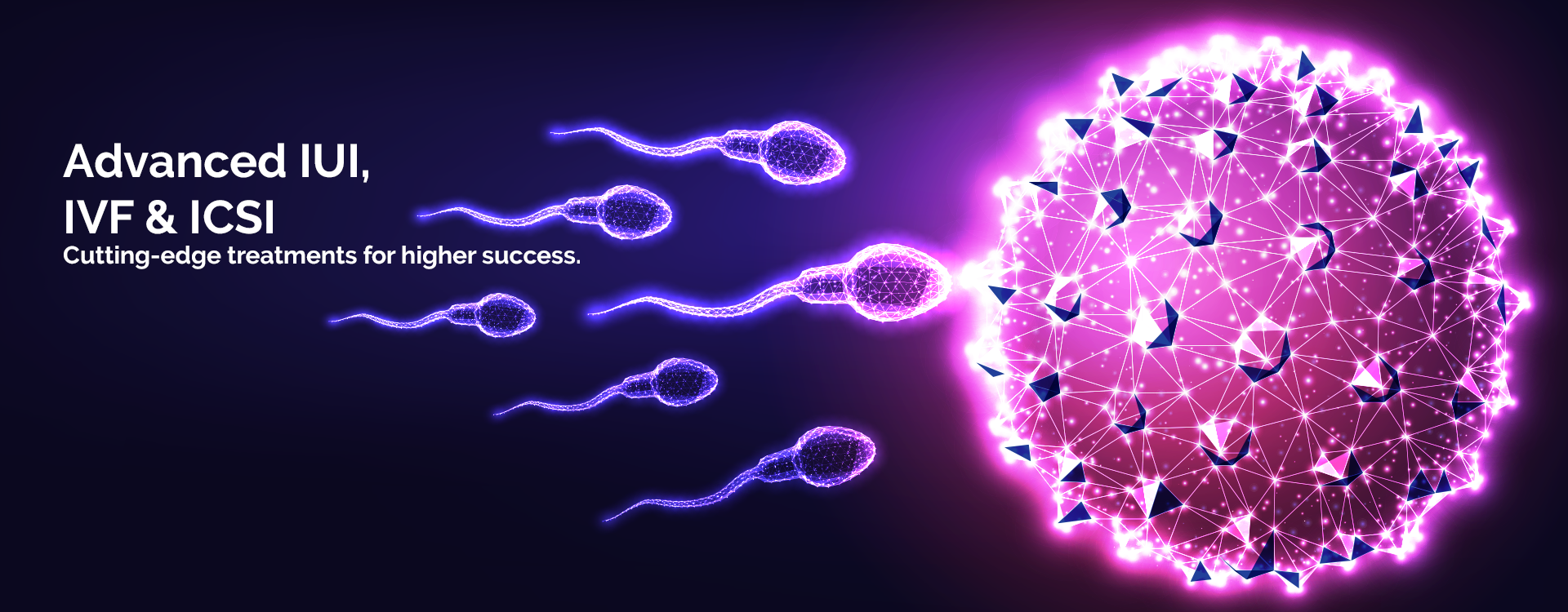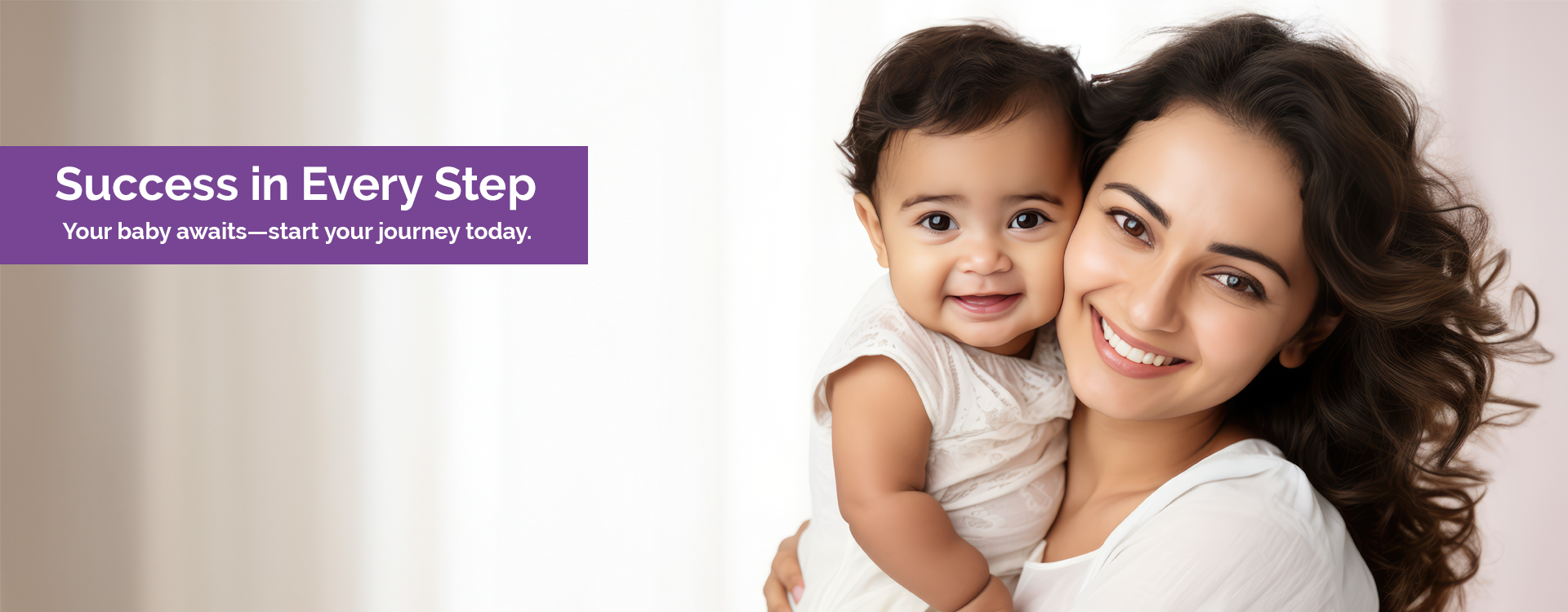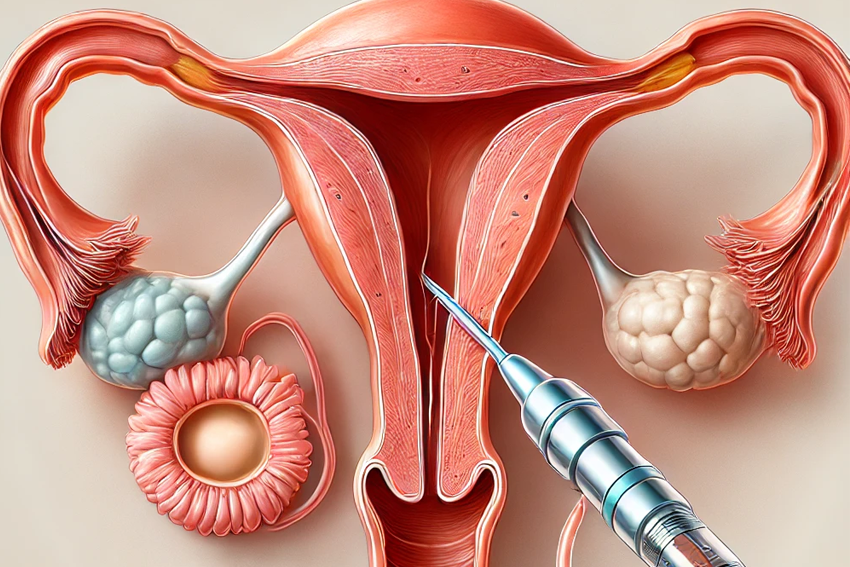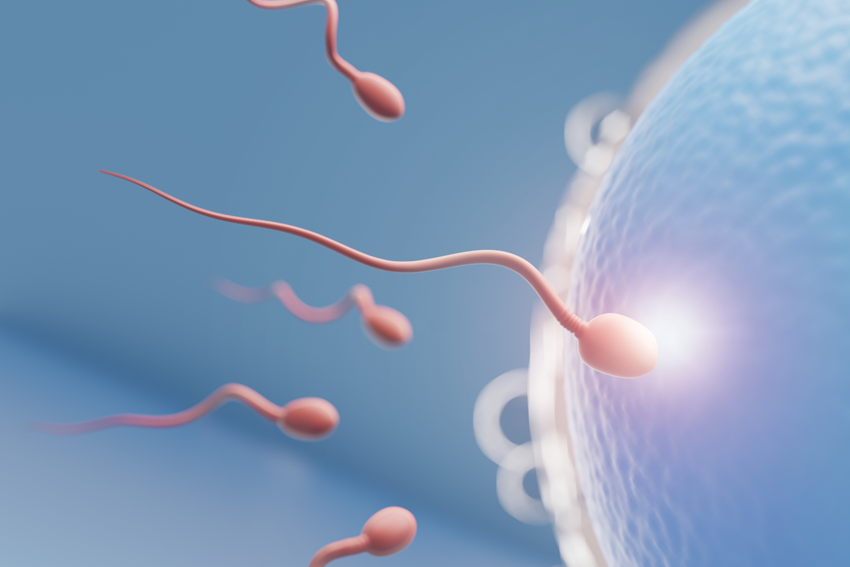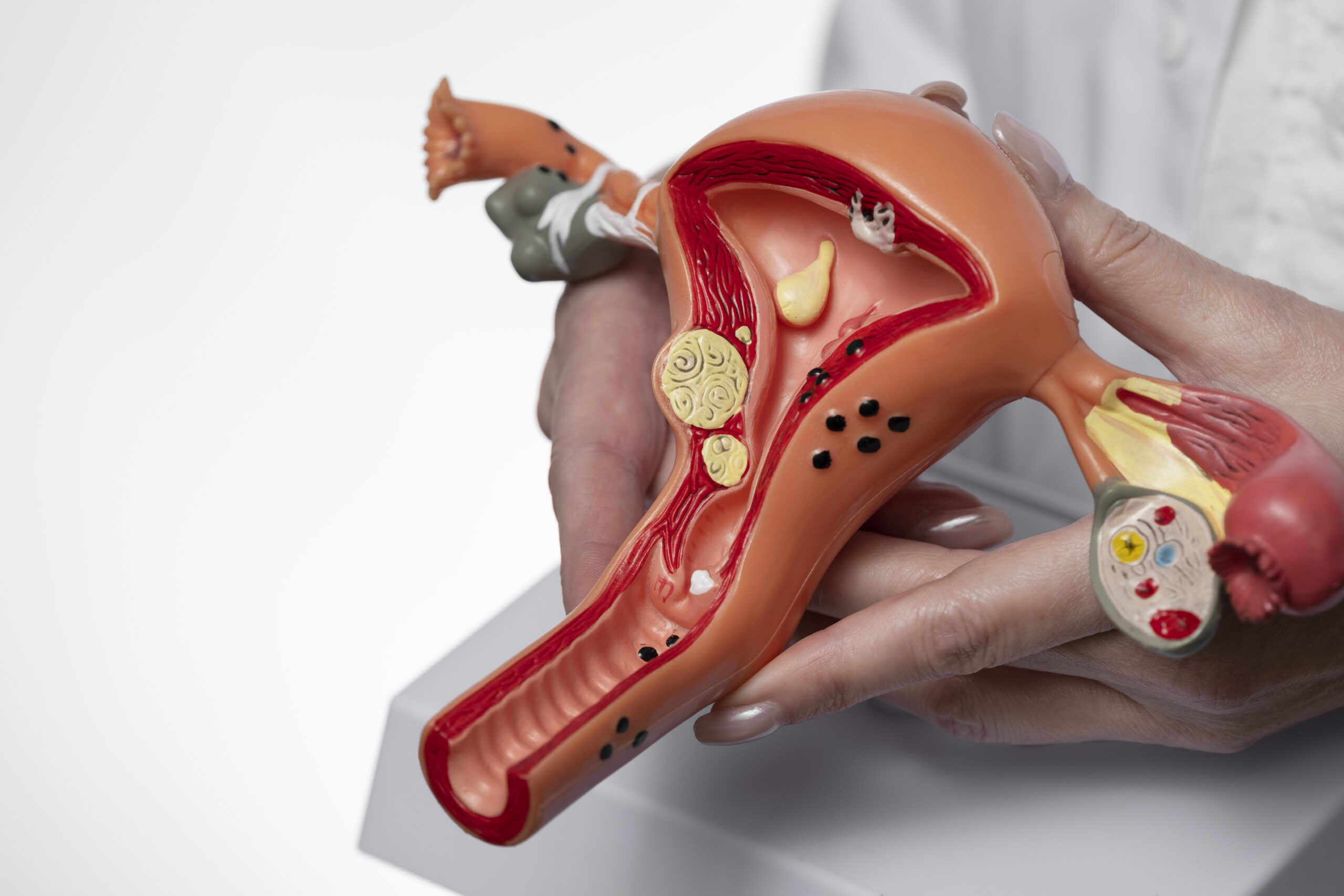Pregnant and Still Sipping 3 Cups of Tea or Coffee a Day? Here’s Why You Should Rethink That
A morning cup of chai or coffee is a ritual for many. But if you're pregnant—or planning to be—it's time to pause and check how much caffeine you're actually consuming. While a little caffeine is okay, too much can affect your baby’s development and even increase the risk of miscarriage.
Let’s talk about how caffeine impacts pregnancy, how much is safe, and what every mom-to-be should know.
Caffeine and Pregnancy: What's the Connection?
Caffeine is a natural stimulant found in coffee, tea, soft drinks, energy drinks, and even some chocolates and medications. It boosts alertness by stimulating your brain and nervous system.
But during pregnancy, your body processes caffeine more slowly. What would normally leave your system in a few hours can linger much longer when you're expecting. And caffeine crosses the placenta—meaning your baby gets a dose too.
Here's the concern: your baby’s developing body, especially the brain and liver, isn’t ready to handle caffeine the way yours is.
How Much Caffeine Is Safe During Pregnancy?
According to global health guidelines, pregnant women should limit caffeine intake to under 200 mg per day. That’s roughly:
- ☕ 1 cup of brewed coffee (8 oz)
- 🍵 2 cups of tea
- 🥤 Or a few squares of dark chocolate + a soda
But if you’re having 3 or more cups of coffee or tea daily, you may be going over this limit—putting your baby at risk without realizing it.
Risks of Too Much Caffeine in Pregnancy
Research suggests that high caffeine intake (more than 200 mg/day) may be linked to:
❌ Impaired Fetal Brain Development
Caffeine can affect how neurons grow and connect, potentially impacting long-term brain development in the baby.
❌ Intrauterine Growth Restriction (IUGR)
Excessive caffeine reduces blood flow to the placenta, leading to low birth weight or babies that are small for gestational age.
❌ Increased Risk of Miscarriage
Several studies show that high caffeine intake during early pregnancy can raise the risk of miscarriage, especially in the first trimester.
❌ Premature Birth or Stillbirth
Though less common, very high caffeine levels have been linked to pregnancy complications, including preterm labor and stillbirth.
How to Track Your Caffeine Intake
It’s not just your morning brew you need to be cautious about. Caffeine hides in many everyday items. Here’s a breakdown of caffeine content in popular items:
| Beverage/Food | Caffeine (approx.) |
| Brewed coffee (1 cup) | 95–120 mg |
| Black tea (1 cup) | 40–60 mg |
| Green tea (1 cup) | 20–40 mg |
| Instant coffee (1 cup) | 60–80 mg |
| Dark chocolate (30g) | 20–30 mg |
| Cola (330 ml can) | 30–40 mg |
| Energy drinks | 80–150 mg |
💡Tip: Always check food labels and avoid energy drinks altogether—they often contain very high caffeine and other unsafe ingredients for pregnancy.
Pregnancy-Safe Caffeine Habits
If you’re a coffee or tea lover, don’t panic. You don’t need to give it up entirely—just be mindful and moderate. Here’s how:
✅ Limit to 1 cup of coffee OR 2 cups of tea per day
✅ Switch to decaf occasionally
✅ Try herbal teas (caffeine-free varieties like chamomile or rooibos)
✅ Hydrate with water, coconut water, or fresh juices
✅ Avoid caffeine close to bedtime—it can disturb your sleep, which is vital during pregnancy
Should You Quit Caffeine Completely?
Not necessarily—unless your doctor advises it. For most healthy pregnancies, moderate caffeine intake under 200 mg/day is considered safe.
But if you have:
- A history of miscarriages
- High blood pressure
- Gestational diabetes
- Or are undergoing IVF or fertility treatments
…your doctor may recommend reducing caffeine intake to maximize your chances of a healthy pregnancy.
What About Fertility and Caffeine?
Trying to conceive (TTC)? Caffeine matters even before pregnancy begins.
Excess caffeine can:
- Delay conception
- Affect sperm and egg quality
- Interfere with implantation
So, if you’re on your TTC journey or going through IVF, limit caffeine to under 100 mg/day or switch to decaf until you conceive.



